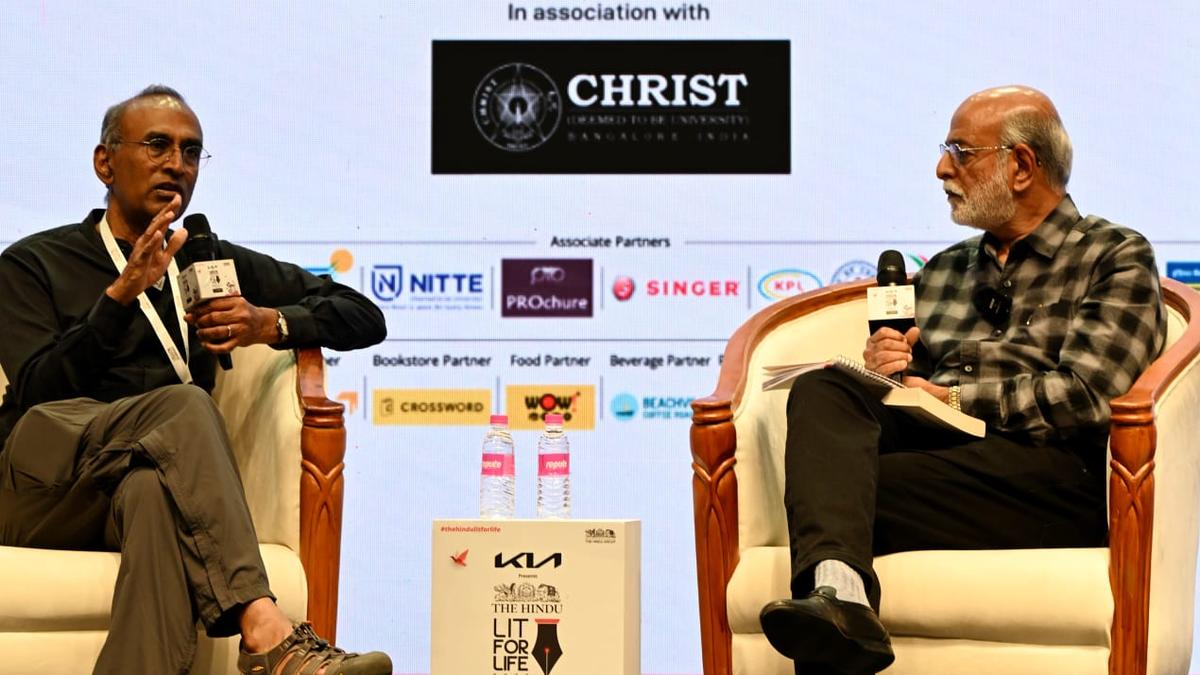
The Hindu Lit for Life 2025: Venki Ramakrishnan explores the science of ageing and mortality
The Hindu
Over the course of the discussion, Venki Ramakrishnan explained that natural selection prioritises traits that enhance reproductive success, not longevity
Nobel laureate and biologist Venki Ramakrishnan, in a conversation with journalist and media entrepreneur Sashi Kumar, at The Hindu Lit for Life 2025 on Sunday (January 19, 2025), unpacked the biological and societal implications of ageing.
Drawing from his book, Why We Die: The New Science of Ageing and the Quest for Immortality, Mr. Ramakrishnan offered a broad view of the science behind mortality, framed by evolutionary theory and emerging research.
Mr. Ramakrishnan touched upon the biology of senescence, where cells lose their ability to divide. This natural process evolved as a defense mechanism against cancer, ensuring that damaged cells do not replicate uncontrollably. Instead, these cells become senescent, secreting inflammatory compounds to signal the immune system to repair or clear them, he explained. However, ageing disrupts this balance.
“As we grow older, the accumulation of senescent cells outpaces the immune system’s ability to remove them,” Mr. Ramakrishnan said. This leads to systemic inflammation, contributing to chronic diseases and age-related decline.
Mr. Ramakrishnan highlighted caloric restriction as a promising method to slow ageing, noting that it has extended lifespan in animals by activating pathways that enhance cellular repair. However, he cautioned that translating these results to humans remains a challenge due to safety and effectiveness concerns.
He also highlighted experimental approaches to slow ageing, including rapamycin, which extends lifespan in animals but has safety concerns for human use; NAD boosters, aimed at restoring cellular repair mechanisms as NAD levels decline with age; and parabiosis, where transfusions from younger to older subjects show rejuvenating effects in studies. While promising, these methods face challenges in proving safety, efficacy, and practicality for human applications, he said.
A central theme of the discussion was evolution’s role in shaping the human lifespan. Ramakrishnan explained that natural selection prioritises traits that enhance reproductive success, not longevity. “Ageing is a byproduct of evolution favouring genes that help us pass on our DNA. Beyond that, evolution doesn’t care how long we live.” he said.













